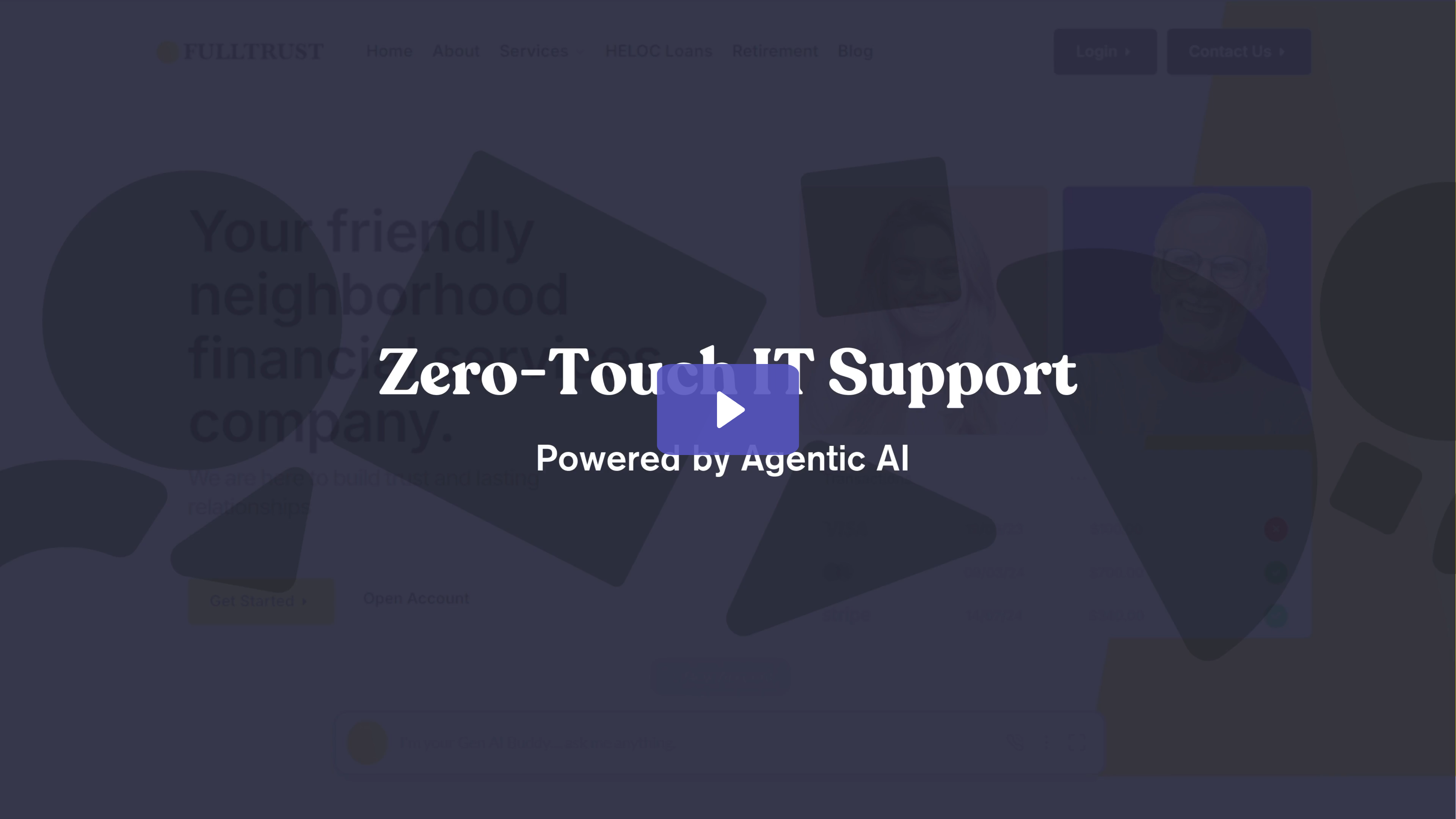AI for Sales Enablement
AI for Sales Enablement: Fueling Customer-Centric Revenue Growth
Introduction
Sales enablement has always been about arming reps with the right content, training, and tools to engage prospects and close deals more effectively. But in today’s digital-first world—where buyers expect fast, personalized interactions—traditional enablement just isn’t enough. That’s where AI for sales enablement steps in.
Artificial intelligence is reshaping how sales teams operate. From real-time coaching to automated outreach, AI empowers reps to spend less time digging for information and more time having meaningful conversations. In CX-centered platforms like Zingly, AI-powered sales enablement doesn’t just drive efficiency—it creates a more cohesive, personalized experience across marketing, sales, and support touchpoints.
What Is AI for Sales Enablement?
AI for sales enablement refers to the use of artificial intelligence technologies—such as machine learning, natural language processing (NLP), and predictive analytics—to improve how sales teams operate. It involves streamlining content delivery, automating repetitive tasks, analyzing buyer signals, and personalizing outreach based on behavior and data.
At its core, AI enablement tools surface the right information at the right time—whether it’s suggesting relevant case studies during a call, scoring leads based on intent, or generating custom follow-up messages instantly. For customer-facing teams in contact centers or digital engagement platforms, AI becomes an always-on co-pilot that enhances performance, consistency, and speed.
Key Use Cases of AI in Sales Enablement
One of the most impactful applications is content recommendation. AI analyzes the stage of the deal, the buyer’s industry, and recent interactions to suggest the most relevant case study, datasheet, or email template. Instead of scrolling through folders or Slack threads, reps get what they need in context, instantly.
Another common use case is email and message generation. With tools like generative AI, sales teams can draft personalized emails or follow-ups in seconds—based on CRM data, previous conversations, and customer sentiment. These messages can be refined by the rep, saving time while increasing relevance.
AI-powered coaching is also gaining traction. By analyzing sales calls or chats, AI tools can identify top-performing behaviors, highlight missed opportunities, and offer real-time feedback or prompts. For contact center agents handling inbound leads or upsell conversations, this can be the difference between a generic response and a high-impact interaction.
Benefits of AI for Sales Enablement
The most obvious benefit is time savings. AI handles low-value administrative work, freeing reps to focus on engaging customers and closing deals. This includes tasks like updating CRM notes, preparing call summaries, or segmenting outreach lists.
But AI also improves effectiveness. Sales teams equipped with AI can respond faster, tailor their messaging more precisely, and spot opportunities that might otherwise be missed. Whether it’s surfacing upsell opportunities based on previous support tickets or identifying high-intent signals in chat, AI sharpens the rep’s decision-making.
From a CX perspective, AI enables personalization at scale. Buyers feel like the brand understands their needs—not because a rep remembered everything, but because AI connected the dots across marketing, support, and sales data. This continuity builds trust and drives conversion.
How It Applies to Contact Centers and CX Platforms
In modern customer experience platforms like Zingly, where sales and support increasingly blend, AI-enabled sales is not a separate tool—it’s part of the flow. A digital contact center rep might resolve a support issue, and AI can simultaneously identify and suggest a relevant upsell or referral offer based on the customer’s behavior and profile.
Persistent digital spaces like Zingly Rooms can house not only support interactions but also sales-relevant insights—such as product interest, support sentiment, and intent signals—enabling seamless transitions from service to sale. AI helps bridge these functions without adding complexity.
For sales development reps (SDRs) operating in contact center environments or inbound teams following up on digital leads, AI can route the highest-value contacts first, auto-prioritize based on behavior, and guide outreach sequencing—all within the same system where engagement is tracked.

Challenges and Considerations
AI for sales enablement isn’t plug-and-play. Poor data quality, misaligned CRM fields, or disconnected tools can limit effectiveness. Success depends on a foundation of clean, unified customer data and clear workflows.
Another challenge is rep adoption. If AI suggestions feel irrelevant or get in the way, reps may ignore them. The best implementations include training, feedback loops, and user control—allowing reps to fine-tune how AI helps them work.
It’s also important to maintain compliance and brand consistency. AI-generated content must reflect company tone, approved claims, and regulatory requirements, particularly in industries like finance or healthcare. Guardrails and human oversight are essential.
The Future of AI-Powered Sales Enablement
We’re moving toward a world where AI doesn’t just recommend content—it predicts deal outcomes, coaches in real time, and helps reps focus energy where it’s most likely to convert. Expect deeper integrations with support platforms, voice and video analysis, and intent-based sequencing that adapts mid-journey.
In CX-first companies, the sales process will feel less like a handoff and more like a continuous, intelligent relationship. AI will ensure that context never gets lost between marketing, support, and sales—and that every touchpoint adds value, not friction.
Conclusion
AI for sales enablement is a force multiplier for modern revenue teams. It drives speed, personalization, and precision—while reducing manual overhead. In digital-first CX platforms like Zingly, it also ensures that selling doesn’t interrupt the customer experience—it enhances it.
As sales and service converge, AI isn’t just helping reps close more—it’s helping companies deliver smarter, more human customer journeys at scale.

.png)


.webp)
%202.svg)